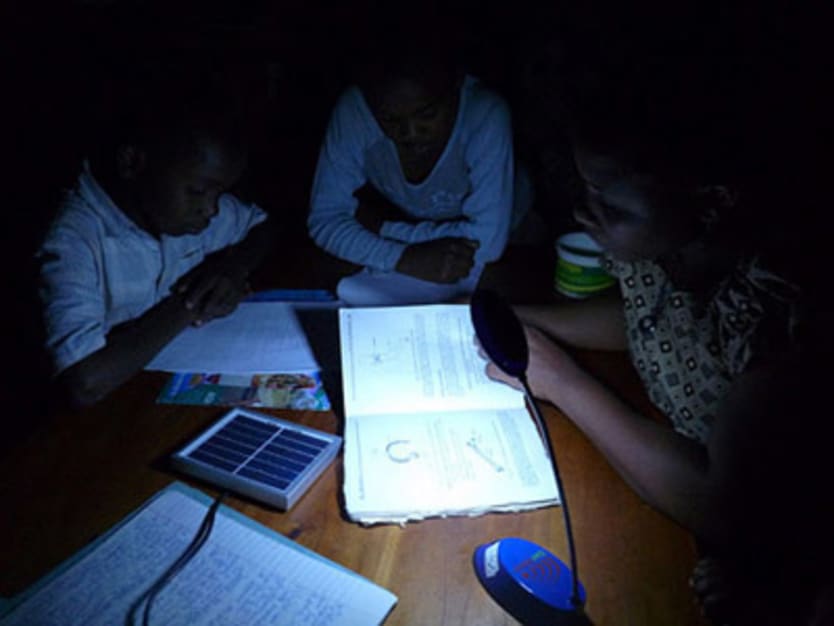
It’s been six months since U.S. President Barack Obama launched his $7 billion initiative to solve energy poverty in Africa. And for the officials coordinating Power Africa, the immediate challenge is to “manage expectations” given the different mandates of the agencies involved, namely the U.S. Agency for International Development, Millennium Challenge Corp., and Overseas Private Investment Corp.
“Power Africa could face potential interagency conflicts between those who want a lot of transactions to happen quickly and those who favor a more long-term, systemic approach to power development,” Devex Global Development Reporter Michael Igoe said in a news analysis, following a recent discussion among agency officials on finding a coordinated approach fo the initiative.
Devex readers say it’s time to stop the talk and begin the walk.
According to Henry Rwamugema, too much discussion leads to losing the focus on Power Africa.
“The best way is to move and take the initiative blue print from the shelf to action! The Obama message is clear, what is important is the key actors namely USAID, OPIC, MCC to leverage the resource, utilize local experts and coordinate implementation with the host governments in Africa,” he wrote.
Obiaya Azu, who leads the regulatory and transactions monitoring unit at the Nigerian Presidential Task Force on Power, shares Rwamugema’s view.
He also noted that there is not much clarity as to how the initiative will complement or facility his country’s power reform efforts.
“In particular, the gist of what we see is that the Power Africa initiative is more geared towards the agency/institution mandates of MCC, OPIC and USAID (perhaps, rightly so) than it is towards meeting the peculiarities/challenges of our sector,” Azu asserted. “For instance, Nigeria is not a MCC compact country, thus, the MCC related funds will not apply to us. In addition, OPIC Power Africa funding is tied to its mandate requiring significant use of alternative energy sources, which would present a challenge for us, as a major gas producer and with gas being cheaper for our current power generation needs. So, there is a need to truly ensure that there is a balance between meeting the requirements of the implementing U.S. agencies and the facts on the ground, in the designated recipient countries.”
What do you think? Join the conversation by leaving a comment below.


